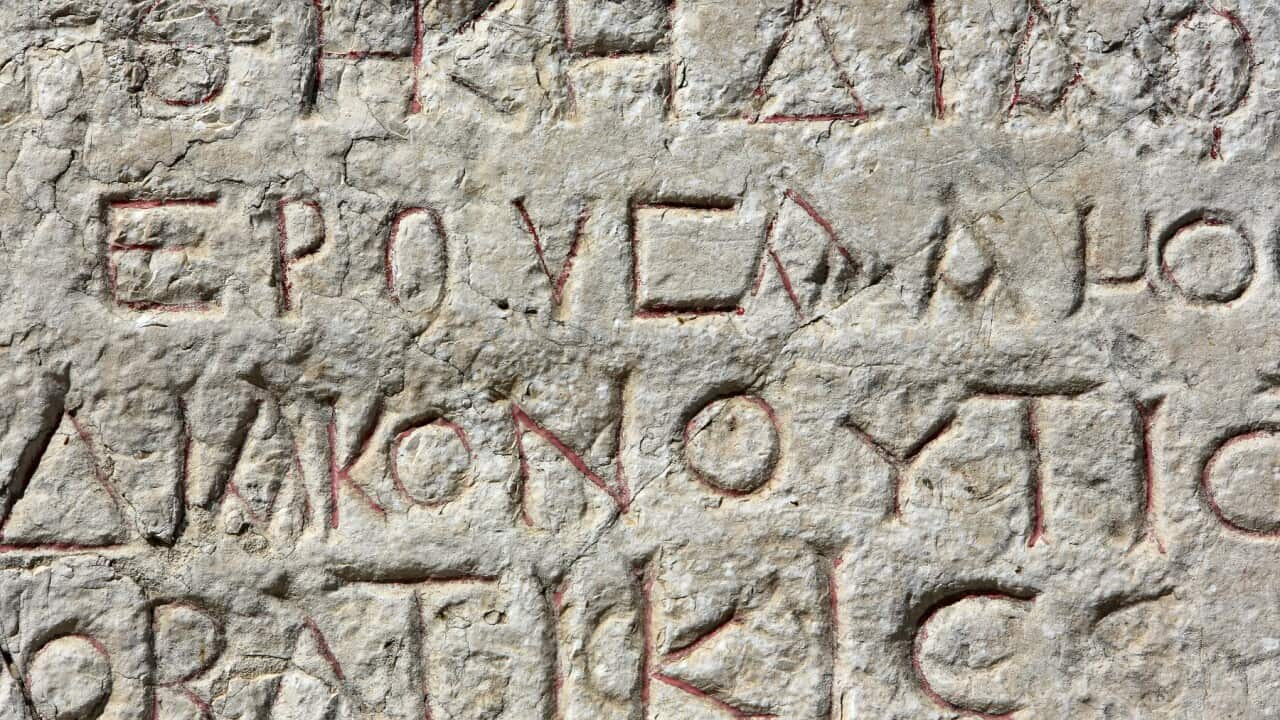On which a new star suddenly appeared in the form of the logo of the Eurovision Song Contest, designed in 1954 by Timothy O'Brien of the BBC.
A year later, the EBU Program Committee, the European Broadcasting Union, approved a project called the "European Singing Competition". It was meant to bring joy, and the idea was to replace weapons and violence with family well-being.
It was based on the existing music festival in San Remo, Italy, and was also considered a technological experiment in live television, because in those days - getting so many countries into one place was a very ambitious project.
At a meeting at the Palazzo Corsini in Rome on 19 October 1955, the EBU General Assembly agreed to hold the European Grand Prix to be held in Lugano in the spring of 1956.
And the rest is history. Today, the Eurovision Song Contest has seen many dreams come true, and perhaps even more controversies. But sometimes even bad publicity is good for celebrities. So in Eurovision we saw nudity, eccentric costumes, dirty dancing, controversial lyrics, singers who sometimes can't even sing, statements that shouldn't be, but often are political, we saw glitter, colors, and most importantly - the diversity of cultures. Eurovision is also no longer just European. Australia has been a part of it since 2015, and thanks to that, Australian artists have established themselves in Europe. Both Guy Sebastian and Dami Im (who, by the way, almost won Eurovision, she finished in 2nd place) are playing in the Slovak Radio!
However, going back to the beginning of this reflection, peace reigns in Europe today and people do not suffer from the same fears as in the 1950s, when Eurovision was born. So perhaps the question arises as to whether Eurovision still makes sense. The answer is massive popularity around the world. The Eurovision has undergone changes. Since 2004, it has a unified logo, the central motif of which is the heart, in which the flag of the host country is always shown. The name "Eurovision" flows thorugh as if it was handwritten, which, together with the heart, is meant to evoke the timelessness, friendliness and accessibility of the competition to everyone.
We talked about this great TV show with it's commentator, Roman Bomboš of the Slovak Radio, RTVS




